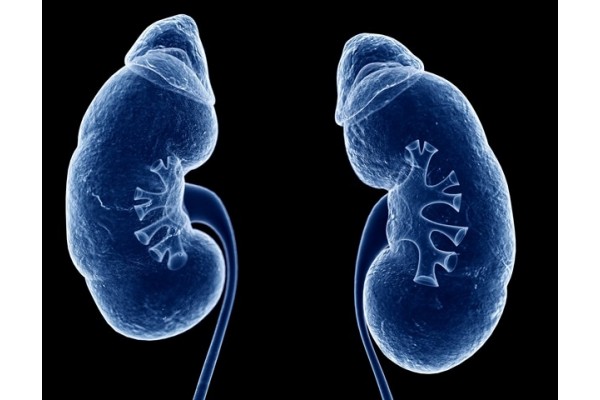Acute Kidney Injury Does Not Predict Worsening Kidney Function Trajectory in CKD Patients
July 12, 2023
Source: drugdu
 361
361

A study of hospitalized persons with chronic kidney disease (CKD) fournd that acute kidney injury (AKI) did not predict worsening of kidney function trajectory once difference in pre-hospitalization characteristically were fully accounted for. Instead, the authors suggest that much of determinants of faster kidney disease decline observed after AKI may already be present before AKI. The findings are published in Annals of Internal Medicine.
Many now believe that AKI is an independent risk factor for accelerated loss of kidney function. This has led to changes in research focus, practice patterns, and public health targets. However, prior studies associating AKI with more rapid subsequent loss of kidney function had methodological limitations, including inadequate control for differences between patients who had AKI and those who did not.
Researchers from the University of California, San Francisco and colleagues in the Chronic Renal Insufficiency Cohort (CRIC study) analyzed data from 3,150 persons with CKD to determine whether AKI is independently associated with subsequent kidney function trajectory. The data showed 612 AKIs in 433 persons with CKD over a median follow-up of 3.9 years. After adjusting for patient characteristics, such as prehospitalization estimated glomerular filtration rate (eGFR) slope and level of proteinuria, AKI did not predict worsening of subsequent kidney function trajectory. Instead, the authors highlight that their results show that much of the kidney disease observed after AKI may already be present before AKI. They recommend that clinicians instead focus on flattening the eGFR slope and treating proteinuria. The authors do acknowledge that a diagnosis of AKI does present an opportunity to identify high-risk patients and implement evidence-based interventions to slow CKD progression.
Source: news-medical.net
By editorRead more on
- The first subject has been dosed in the Phase I clinical trial of Yuandong Bio’s EP-0210 monoclonal antibody injection. February 10, 2026
- Clinical trial of recombinant herpes zoster ZFA01 adjuvant vaccine (CHO cells) approved February 10, 2026
- Heyu Pharmaceuticals’ FGFR4 inhibitor ipagoglottinib has received Fast Track designation from the FDA for the treatment of advanced HCC patients with FGF19 overexpression who have been treated with ICIs and mTKIs. February 10, 2026
- Sanofi’s “Rilzabrutinib” has been recognized as a Breakthrough Therapy in the United States and an Orphan Drug in Japan, and has applied for marketing approval in China. February 10, 2026
- Domestically developed blockbuster ADC approved for new indication February 10, 2026
your submission has already been received.
OK
Subscribe
Please enter a valid Email address!
Submit
The most relevant industry news & insight will be sent to you every two weeks.



